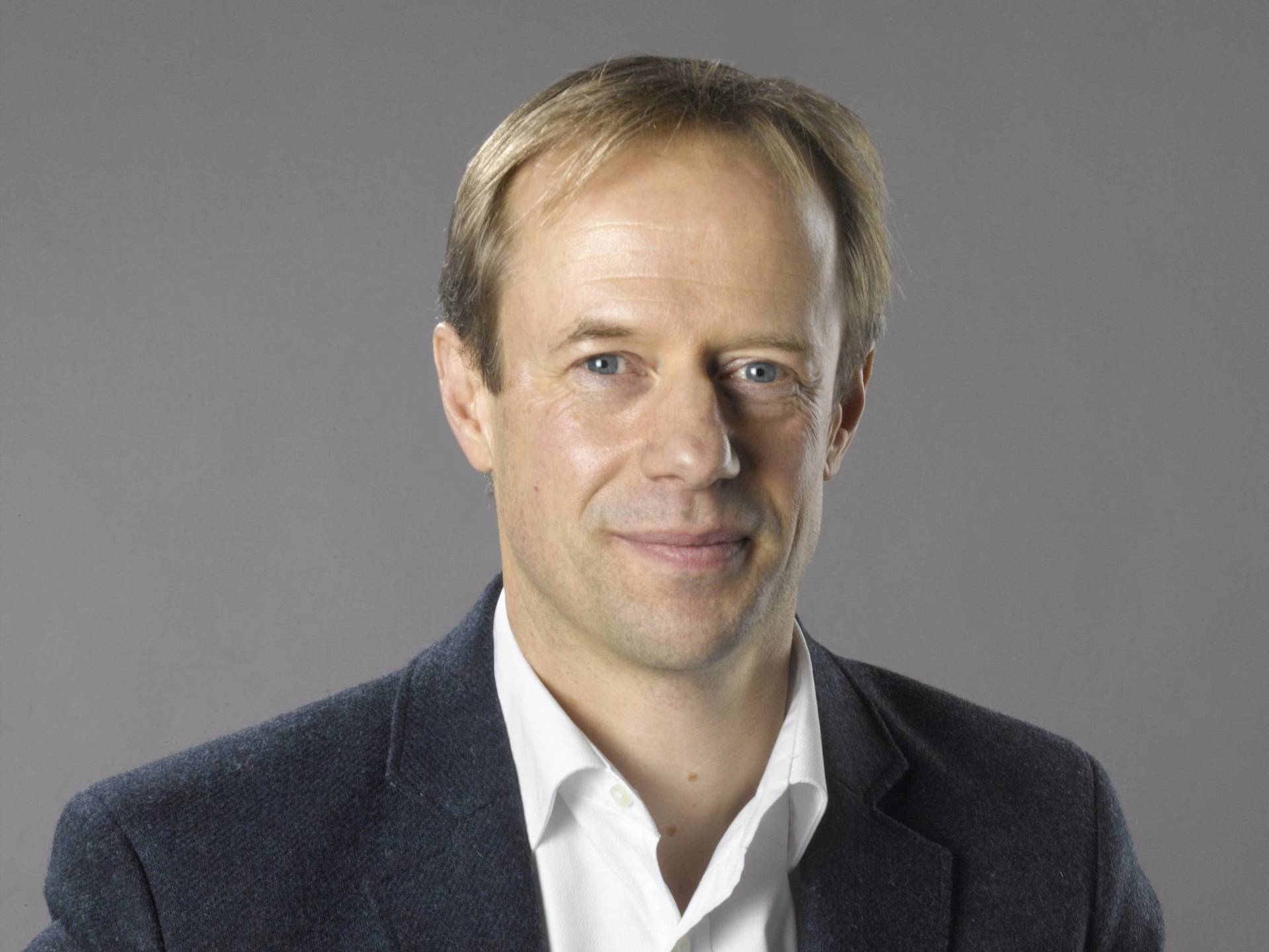Subscribe to wiki
Share wiki
Bookmark
Edward Ryall
We've just announced IQ AI.
Edward Ryall
Edward Ryall is a co-founder of Neptune Mutual, an on-chain parametric cover company. He is also a tech entrepreneur and angel investor in various start-ups in France. [1]
Education
Ryall earned his MBA from SDA Bocconi School of Management in 2000 and his Certificate and Diploma in Company Direction from the Institute of Directors in 2008. [1]
Career
While studying at SDA Bocconi, Ryall worked as a project development manager at Fibrowatt until 1999. He then founded Mensei and served as its CEO until 2002. Later, in 2002, Ryall joined the Strategic Management Group as a senior consultant. He held the same position at BTS, a global professional services firm in Sweden, until 2007, when he became a project development manager. [1]
In 2011, Ryall worked as a commercial and marketing director at Thermya, a bio-energy plant developer. The following year, he founded Ryall Energy, a project and technology development service provider for renewable energy. The company funded projects such as Gleesyn, a waste-to-gas project developer, and Ryall Connected, an online marketplace for connected objects. [1]
Since 2014, Ryall has been a shareholder in companies located in the Bordeaux region of France. These companies include BASE Innovation, NATEO Healthcare, and 1Kutabor. Ryall also mentors two startups, Sunday and Getasound. Sunday is a US-French startup that aims to tackle social isolation, while Getasound is an audio professional company. Additionally, Ryall is a visiting professor at Kedge Business School, teaching subjects like artificial intelligence, quantum computing, and business finance. [1]
In 2016, he became the CEO of AVE, a chimera polymer design company. In 2021, he joined Binod Nirvan and Gillian Wu in co-founding Neptune Mutual, an on-chain parametric cover company. He also joined the ANTELOPE DAO, a decentralized protocol for supply chain automation. [1]
Interviews
Neptune Mutual
On July 10th, 2023, the Crypto Risk Office podcast interviewed Ryall about Neptune Mutual. At the beginning of the interview, he explained how the company got started: [2]
“Well firstly I am a co-founder, and the two others, so Binod Navan, who's the CEO, is a security and blockchain expert, and Gillian Wu, the third co-founder, is well-known in the blockchain industry. Having set up Huobi Asset Management in Hong Kong as a CEO, she also runs a Bench Capital company, Milana Capital. So together, we, the three co-founders of Neptune Mutual, all recognized, for different reasons, firstly that the digital asset space is a risky one and really needed not only measures to make it safer but also to mitigate the risk in the event that something bad happened. And as we saw last year, lots of bad things do happen, and digital assets are not only risky from the financial and economic point of view in terms of their volatility but most particularly, they are at risk of hacks.”
He also discussed some of the problems with digital assets and who would benefit from interacting with the Neptune Mutual ecosystem: [2]
“Really, anyone who owns digital assets should think very carefully and ideally protect them with some measure to mitigate the risk of loss. As we've said, the problem and the risk are very high, and most people are familiar with the concept of mitigating risk for their traditional assets, such as a house or a car. In many cases, it is a legal requirement. However, in the digital asset space, you do have the option, and it requires people to take the initiative to take out cover protection. But, as we've said and as most people know, the digital asset space is risky. While there are opportunities for high returns and great trading strategies, if those digital assets are not mitigated against some of the biggest risks in the space, they are at risk of being lost.”
When asked how other blockchain projects could utilize Neptune Mutual for their projects, Ryall explained how the marketplace works: [2]
“Spinning up their own cover pools in our Marketplace, we offer the infrastructure for projects to create their own cover pools. Within these pools, they establish cover policies with the right parameters to protect their community. They can view the liquidity of these cover pools and market them to their community. While we operate in the DeFi space, we've decided that the creation of cover pools wouldn't be permissionless; it's by invitation only. This means we select projects carefully to ensure our community's security. We work with projects, check their security, and assist them in creating their cover pools, marketing this protection to their community.”
He then went on to explain how they came to use parametric covers as their choice of an insurance model: [2]
“We've developed what we call parametric cover, a concept long established in traditional insurance for risks like earthquakes. Parametric cover simplifies matters for the blockchain space because the parameters are directly linked to the incident itself. Instead of individuals filing loss claims, the incident triggers the evaluation process. This approach avoids a flood of individual claims in the event of a widespread hack. If the incident meets the policy parameters, everyone with the policy receives payment; if not, no one does. This system ensures fairness and efficiency. Our process typically concludes within seven days, including a 24-hour cooldown period.”
See something wrong?
